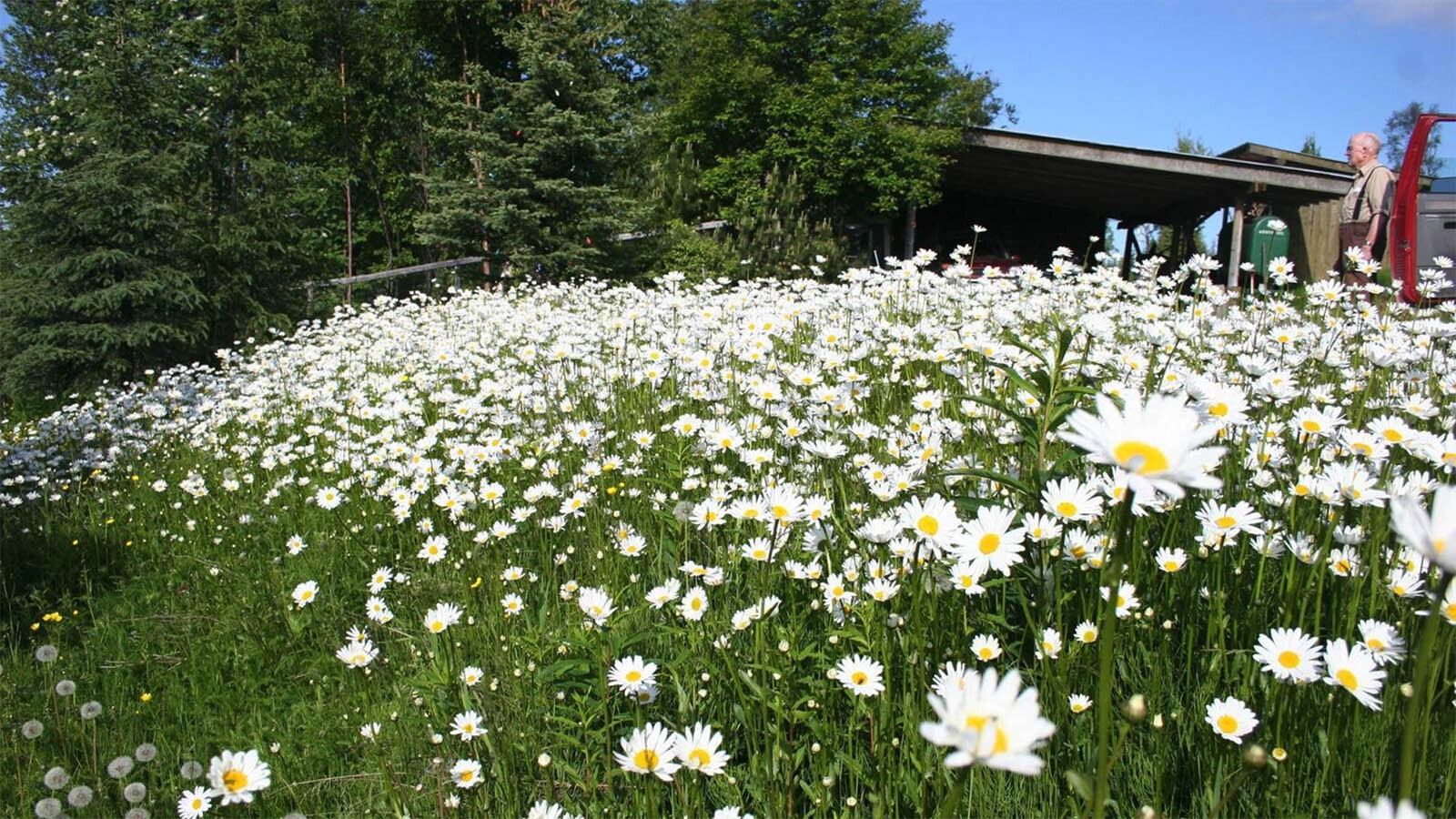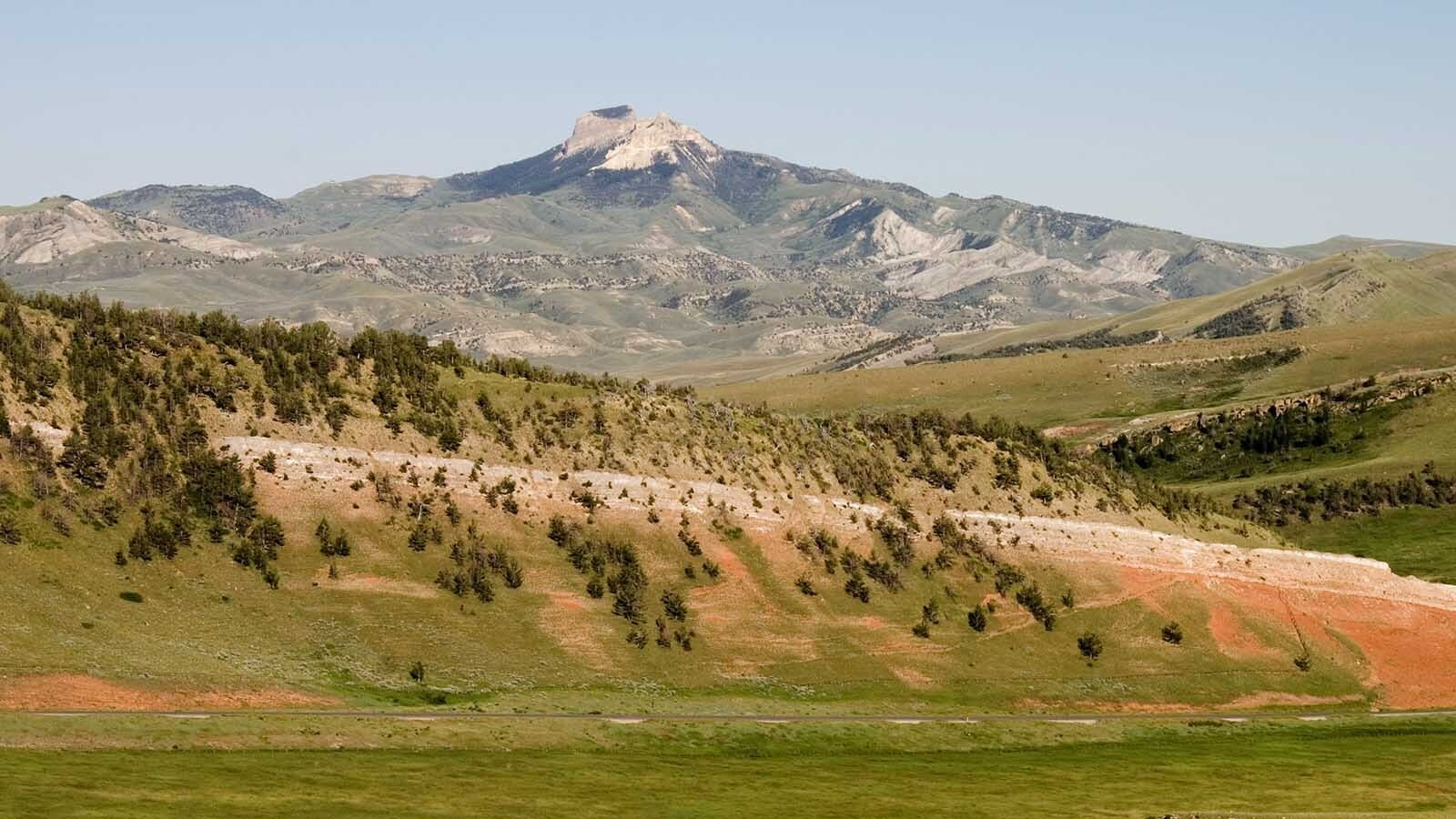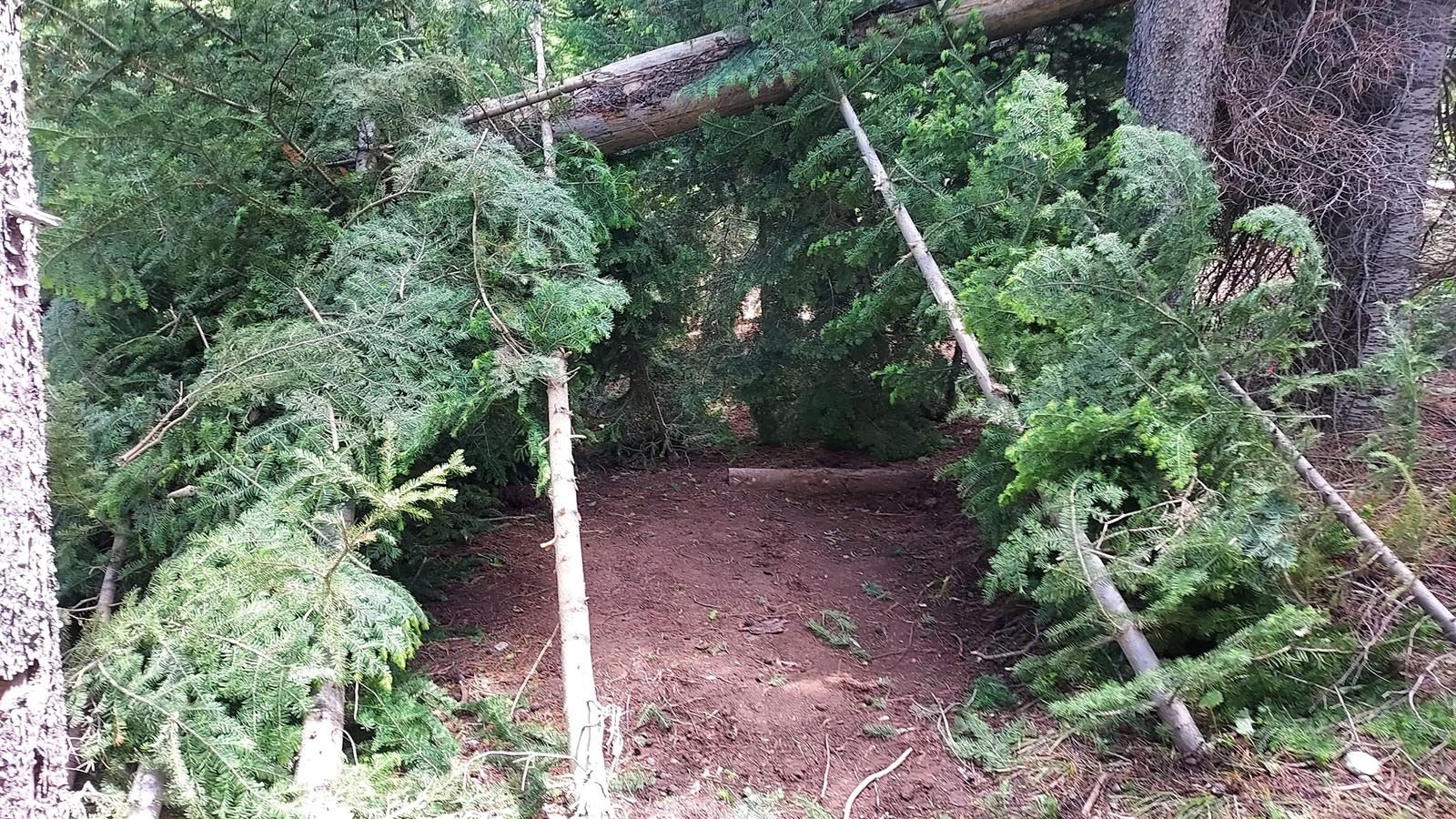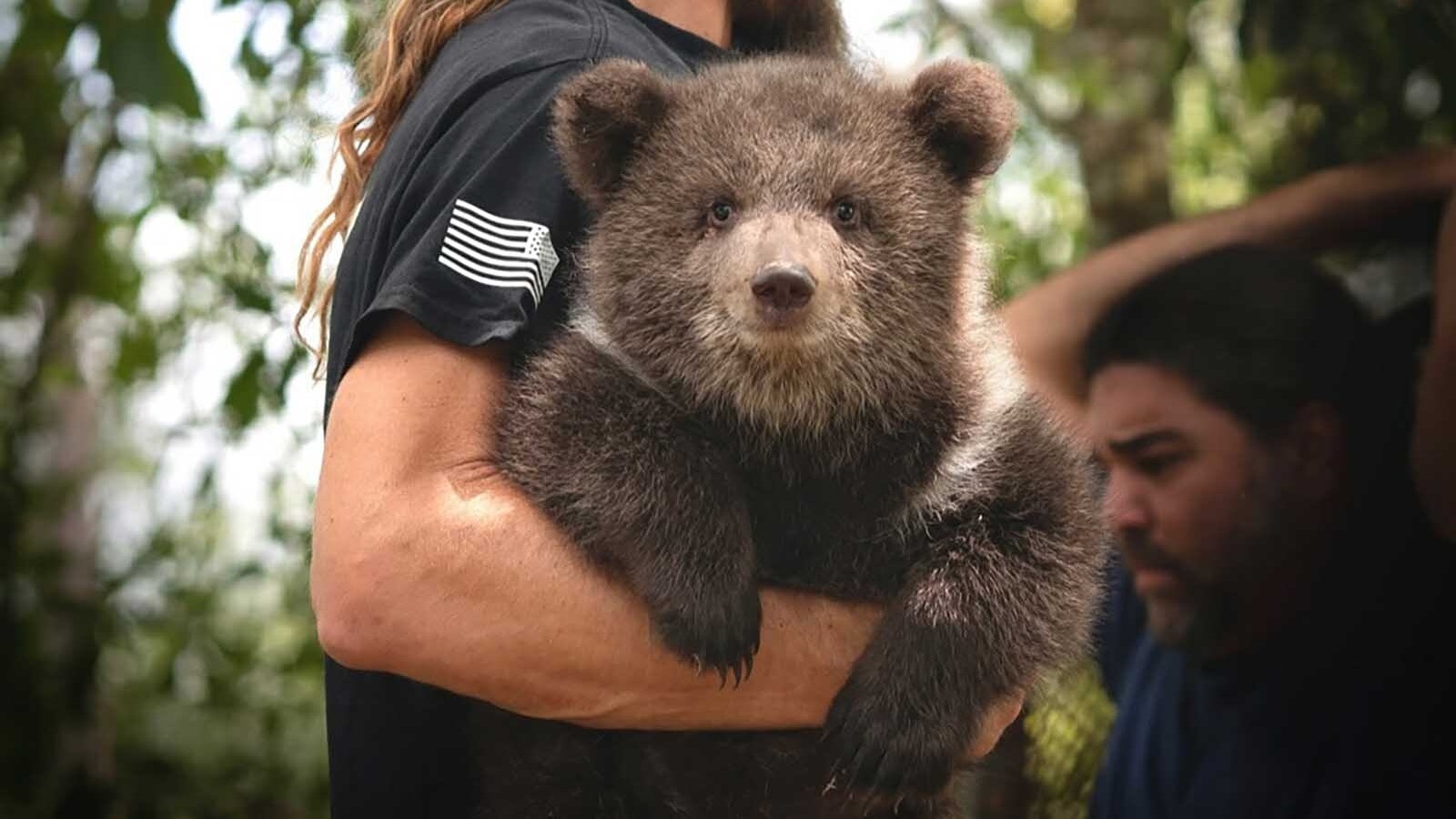Not enough is being done to protect grizzlies – some of them drunk on fermented grain – from being killed by trains along remote Montana rail lines, claim two environmental groups that are suing the railroad over it.
The Burlington Northern Sante Fe Railroad (BNSF) is in violation of the Endangered Species Act, according to a recent lawsuit filed against BNSF in U.S. District Court for the District of Montana by the Western Watersheds Project and WildEarth Guardians.
In some cases, grizzles chow down on grain that ferments after spilling from rail cars, and then are carelessly left or buried along railroad tracks after getting hit, Western Watersheds Project Executive Director Erik Molvar told Cowboy State Daily.
“Then the grizzlies eat that, and drunk grizzlies go stumbling along the tracks,” Molvar said.
Basically, the environmental groups say the railroad is responsible for the bears getting plowed, then getting plowed.
Not true, the company says. In fact, BNSF goes out of its way to work with wildlife agencies and takes steps to protect grizzlies, according to a statement from the company.
Three Bears Killed This Year
Grizzlies have been struck and killed by trains along a stretch of rail line that goes over Marias Pass and the Great Bear Wilderness, according to reports from state and federal wildlife agencies. Those bears were part of the Northern Continental Divide Ecosystem (NCDE) grizzly population, which is distinct from Wyoming’s Greater Yellowstone Ecosystem grizzlies.
And grizzly deaths along the tracks have increased since 2008, according to the environmental groups.
“From 2008 to 2018, trains operating on BNSF railways killed or contributed to the deaths of approximately 52 grizzly bears from the NCDE grizzly bear recovery zone,” according to the groups’ lawsuit. “In 2019, eight grizzly bears from the NCDE grizzly bear recovery zone were killed by trains on BNSF railways. In 2023, three grizzly bears from the NCDE grizzly bear recovery zone were killed by trains on BNSF or Montana Rail Link railways.”
The three bears killed this year were all hit in September, according to the complaint.
The lawsuit calls for BNSF to be declared in violation of the ESA and that the court should “enjoin BNSF from violating the ESA by ordering it to cease causing the take of grizzly bears.”
Molvar said the groups argue that BNSF needs to do a better job of cleaning up spilled grain, big game carcasses and other temptations for grizzlies along the railroad tracks.
Slow Down
And trains should slow down in prime grizzly habitat, he added.
“You shouldn’t be able to speedball through critical habitat and mow down an endangered species,” he said.
A former BNSF rail conductor has previously told Cowboy State Daily that when he rode the Montana lines, he frequently saw grizzlies and other wildlife along the tracks and sadly, some of the animals were struck and killed.
Railroad Says It Works To Keep Bears Safe
BNSF countered the environmentalist group’s claims, stating the railroad takes ample steps to keep from hitting bears and other wildlife.
BNSF Spokesman Zak Andersen has told Cowboy State Daily that the railroad frequently checks the tracks and cleans up gain spills.
He told Cowboy State Daily this week that he couldn’t comment in detail about the pending litigation. However, he passed along a company statement regarding the railroad’s stance and some wildlife safety measures it has taken.
“While BNSF doesn’t comment on specific lawsuits, we have been working closely with stakeholders, including the U.S. Fish & Wildlife Service, Montana Fish Wildlife and Parks and the Blackfeet Nation to eliminate avoidable grizzly bear mortalities since the 1990s,” the statement says.
“More recently, we have worked to develop a Habitat Conservation Plan and a draft HCP was published in January 2021. Hundreds of comments were received, and the final HCP has been submitted to the U.S. Fish & Wildlife Service to be reviewed before it is published,” it says.
The steps that the company has taken to reduce grizzly deaths include removing spilled grain and carrion from the tracks and trimming back vegetation along the tracks for better visibility, according BNSF.
The railroad also has provided money for “additional grizzly bear managers” for state and tribal agencies, as well as for bear awareness programs, radio collars for grizzly research and bear-proof garbage bins and electric fencing.
Mark Heinz can be reached at mark@cowboystatedaily.com.





